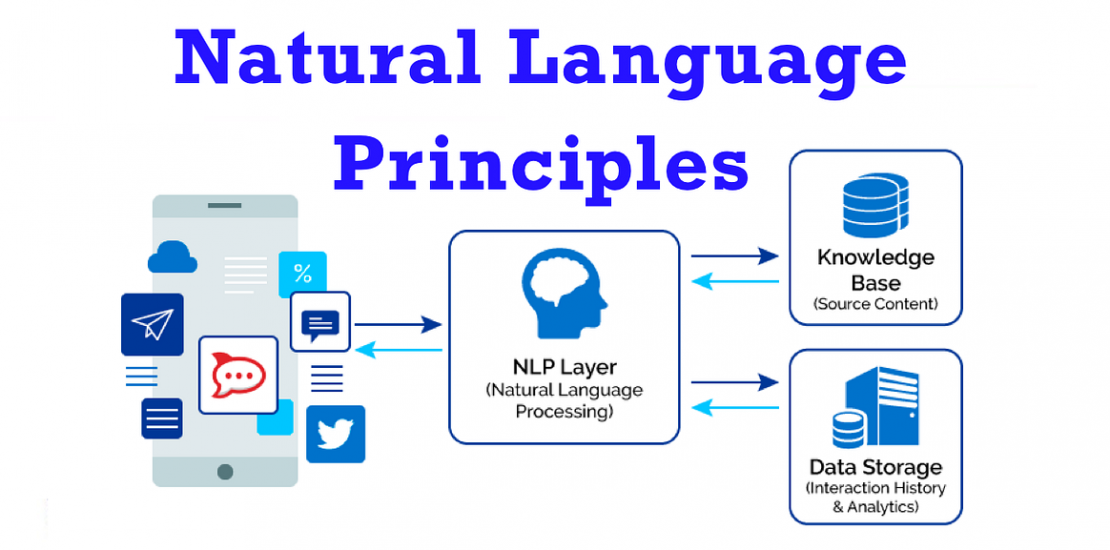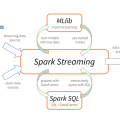- August 10, 2023
- Posted by: team SOUTECH
- Category: Blog, Data Analysis and Virtualization, Data Science Free Training, Others, Technologies

Introduction:Natural Language Processing (NLP) is a field of artificial intelligence that focuses on the interaction between computers and human language. NLP enables machines to understand, interpret, and generate human language, enabling a wide range of applications such as sentiment analysis, chatbots, language translation, and text summarization. In this article, we will explore the fascinating world of NLP, its underlying techniques, and how it revolutionizes the way machines interact with human language.
Section 1: Fundamentals of Natural Language Processing
– Language processing tasks: Understanding the different levels of language processing, including tokenization, part-of-speech tagging, and syntactic parsing.
– Language representation: Discussing techniques like Bag-of-Words, TF-IDF, and word embeddings to represent textual data.
– Language modeling: Introducing language models that capture the probability distribution of words and enable tasks like text generation and completion.
Section 2: Sentiment Analysis and Text Classification
– Sentiment analysis overview: Exploring techniques to determine the sentiment and emotion expressed in text.
– Text classification: Using NLP to categorize text into predefined classes, such as spam detection or topic classification.
– Named Entity Recognition (NER): Extracting entities like names, locations, and organizations from text.
Section 3: Machine Translation and Language Generation
– Machine translation techniques: Examining approaches like rule-based methods, statistical models, and neural machine translation (NMT).
– Neural language generation: Understanding techniques such as recurrent neural networks (RNNs) and transformer models for text generation.
Section 4: Chatbots and Conversational Agents
– Designing conversational agents: Discussing techniques like rule-based systems, retrieval-based models, and generative models for building chatbots.
– Natural Language Understanding (NLU): Exploring methods to extract intent and entities from user queries in conversational interfaces.
Section 5: NLP in Information Retrieval and Summarization
– Information retrieval: Leveraging NLP for search engines, document retrieval, and relevance ranking.
– Text summarization: Automatic extraction or generation of concise summaries from larger documents.
Section 6: Ethical Considerations and Challenges in NLP
– Bias and fairness: Addressing biases in language models and ensuring fairness in NLP applications.
– Privacy and security: Discussing concerns regarding user data privacy and safeguarding sensitive information.
Conclusion:Natural Language Processing (NLP) is revolutionizing the way machines understand and generate human language, opening up a world of possibilities in communication, information retrieval, and automation. By harnessing the power of NLP techniques, data scientists and developers can build intelligent systems that bridge the gap between humans and machines. As NLP continues to advance, it brings us closer to creating seamless interactions between humans and artificial intelligence, transforming the way we communicate and access information.





